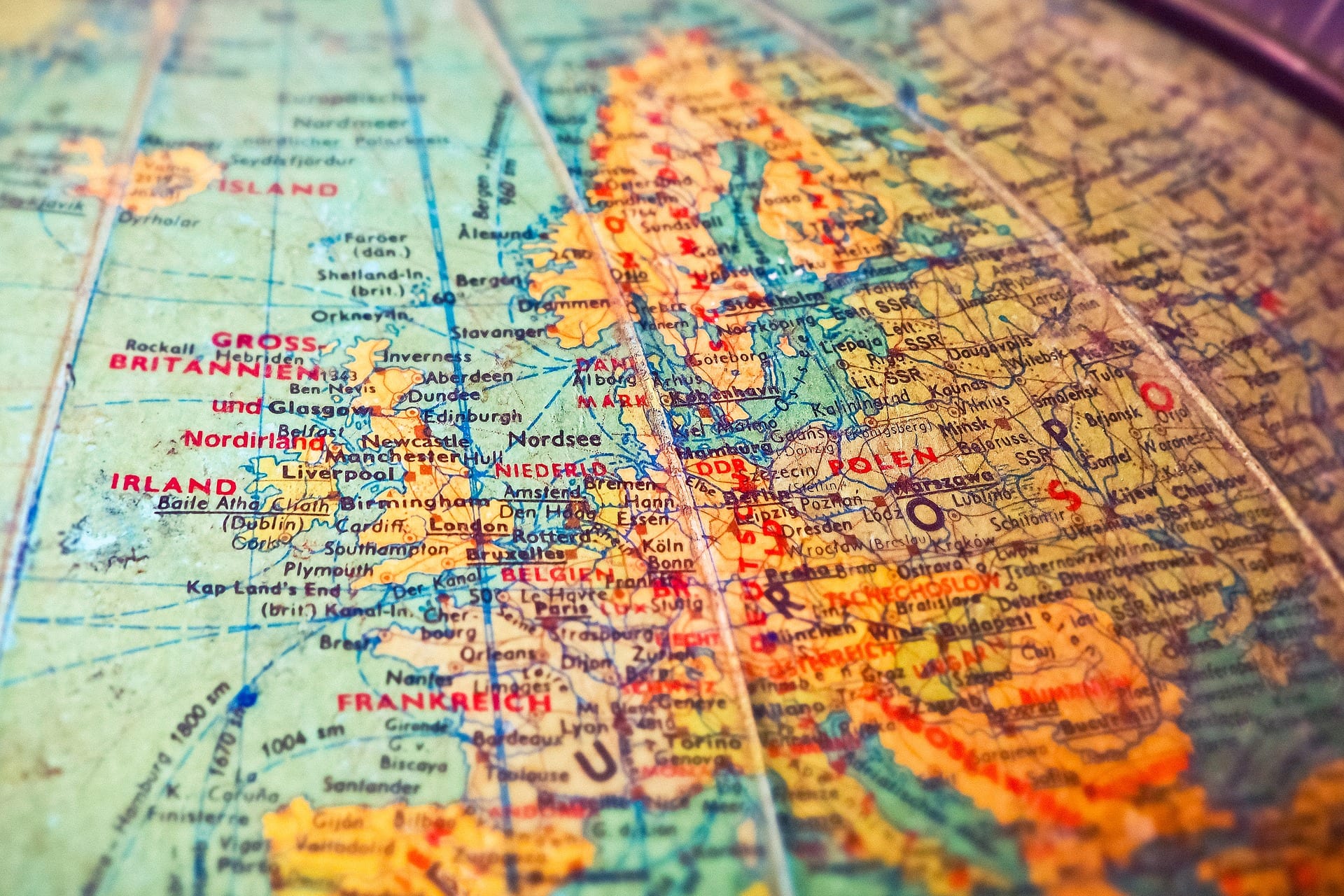The Pew Research Center conducted a survey last year April-August 2017 in 15 Western European countries. Their aim was to examine religious beliefs and practices in Western Europe and included over 24, 000 respondents who were telephonically interviewed. In light of the news concerning Europeans, such as their stance on abortion, GOD, and the LGBT community, it was a surprise to read that most of the participants identified themselves as Christian. However, non-practicing Christians outnumbered the church-attending Christians. Which begs the question: What is the meaning of Christian identity in Western Europe?
Respondents were asked about their present religion- if they indeed practiced any. Most adults surveyed consider themselves to be Christian, even if they seldom go to church. Out of the 15 countries, it seems that Portugal leads the pack with 83% of participants who identify as Christians, with Italy, Austria, and Ireland coming in close with 80%. The countries with the least amount of participants who identify themselves as Christians are Sweden (52%), Norway (51%) and the Netherlands (41%).
The study also revealed that Italy has the highest amount of church-attending Christians at 40%, but just as many are non-practicing Christians. Portugal and Ireland are not far behind with 35% and 34% stating that they attended church, but the lowest number of church-attending Christians can be found in Finland, who trails behind at a mere 9%. However, when comparing non-practicing Christians to church-attending Christians, the UK seems to take the cake. Church-attending Christians come in at 18%, while those that did not practice Christianity outnumber them at 55%, that’s roughly three times the number of church-attending Christians!
Across the 15 countries, 91% claimed to have been baptized, 81% were raised Christian, 71% are currently Christian, and just 22% attend church monthly. The 71% who are currently Christians are largely non-practicing Christians. They outnumber the religiously unaffiliated population (ie atheist, agnostic, “nones”) as well as people of other religions (Muslims, Jews, Hindus, Buddhists, etc).
It’s interesting that many non-practicing Christians do not believe in the Biblical depiction of GOD. Christianity is solely based on believing that GOD, the Creator of man and the universe itself, sent His Son to die for our sins so that we may be reconciled to Him. Instead of the Almighty, they simply believe in some other higher power or spiritual force. For example, Spain is known as a country that largely identifies itself as Catholic, however, only about one-in-five non-practicing Christians (21%) believe in GOD “as described in the Bible,” while six-in-ten say they believe in some other higher power or spiritual force.
Non-practicing Christians express more positive than negative views toward churches and religious organizations, saying that they serve society by helping the poor and bringing communities together. The majority of non-practicing Christians favor legal abortion and same-sex marriage. While church-attending Christians are more conservative about these issues, there is rising support among them for legal abortion and same-sex marriage.
Another surprising find is that both non-practicing and church-attending Christians are more likely that the unaffiliated to hold negative views of immigrants, Muslims, and Jews. Although Jesus came to save all mankind, He was born into the Jewish faith and culture. Imagine my dismay when I read that Christians at all levels of religious observance are more likely than religiously unaffiliated adults to say that they would not be willing to accept Jews in their family! It doesn’t end there. The study finds that Christians are more likely to agree with highly negative statements about Jews, such as “Jews always pursue their own interests, and not the interest of the country they live in.” It seems that our own brothers and sisters in Christ (which many are most likely wolves in sheep’s clothing) may be directly involved in the move of antiSemitism in Europe.
This study is further evidence of the Great Falling Away. Jesus said that not everyone who calls on His name will be saved, but those who do the will of His Father in heaven. The name Christian has become a loose term- it’s no wonder that many people are unwilling to hear GOD’S Word. Why pay attention to a bunch of Christians who live like the rest of the carnal world? True Believers need to step up to the plate and be true ambassadors of Christ, showing through our actions and speech that we are truly not of this world, and that we serve a mighty GOD.
Resources: Being Christian in Western Europe, Pew Research Center, www.pewforum.org





